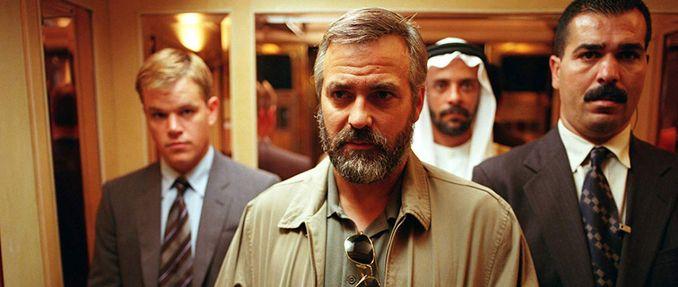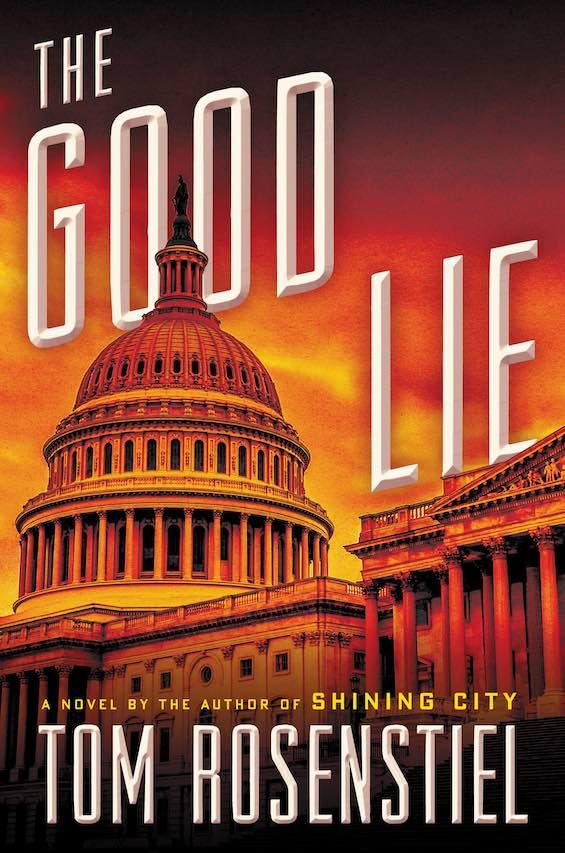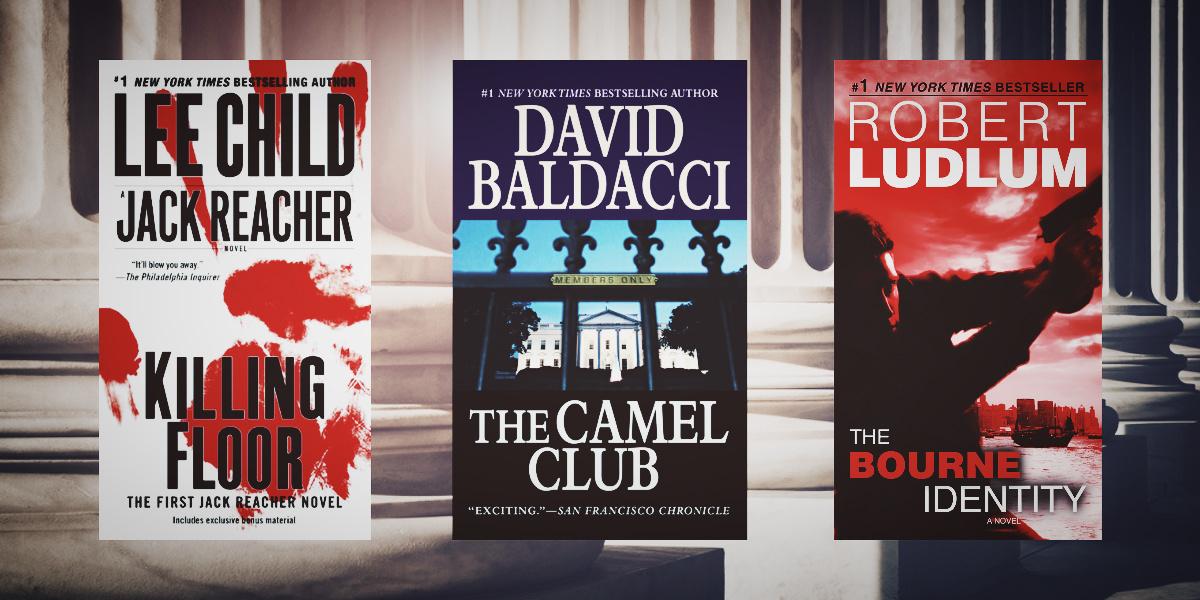In recent years, the political thriller genre has surged to prominence, captivating audiences worldwide with its intricate narratives and intense depictions of power struggles. As societies become increasingly complex and politically charged, these stories of intrigue and deception resonate more deeply with viewers and readers alike. The allure of political thrillers lies not only in their suspenseful plots and dynamic characters but also in their ability to mirror real-world anxieties and ethical dilemmas. This rise in popularity prompts a critical examination of why audiences are drawn to tales of power and deceit, and what this fascination reveals about our collective psyche. By delving into the mechanics of these narratives, we can better understand the cultural and psychological forces that drive our appetite for stories that explore the darker corridors of political ambition and betrayal.
Exploring the Psychological Appeal of Political Thrillers
The allure of political thrillers lies in their intricate weaving of power dynamics and the ever-present undercurrent of deceit. These narratives captivate audiences by delving into the complex psychological landscapes of their characters. Viewers are drawn to the tension between ambition and morality, often finding themselves questioning what they might do in similar situations. The genre thrives on the portrayal of high-stakes environments where decisions are rarely black and white, reflecting the nuanced nature of real-world politics.
- Moral Ambiguity: Political thrillers often blur the lines between right and wrong, prompting viewers to ponder the ethical implications of actions taken in pursuit of power.
- Intellectual Engagement: The plots are typically layered and intricate, offering audiences a mental workout as they attempt to piece together the puzzle.
- Emotional Resonance: Characters are often portrayed with depth and vulnerability, allowing audiences to empathize with their struggles and triumphs.

The Historical Context: How Political Events Shape Fiction
Throughout history, political events have significantly influenced the narratives that captivate audiences. As societies navigate tumultuous periods marked by power struggles, coups, and espionage, these real-world dramas often inspire the fictional worlds of political thrillers. From the Cold War to contemporary issues of surveillance and cyber warfare, authors and filmmakers have drawn from the headlines to craft compelling stories that resonate with the public’s growing fascination with the mechanisms of power and deceit.
- Cold War Era: The ideological battle between East and West fueled countless narratives exploring themes of espionage and nuclear threat. Works like John le Carré’s novels and films such as “The Manchurian Candidate” tapped into the pervasive atmosphere of distrust and paranoia.
- Post-9/11 World: As global politics shifted, the focus of political thrillers evolved to address terrorism, homeland security, and ethical dilemmas faced by governments. These stories reflect the complexities of a world where lines between friend and foe blur.
- Digital Age: In an era defined by technology, political thrillers increasingly incorporate themes of cyber espionage, data privacy, and the manipulation of information, reflecting society’s anxieties about the digital realm’s impact on personal and national security.
The interplay between real-world events and fictional narratives creates a feedback loop, where each influences and shapes the other. As political landscapes continue to evolve, so too will the stories that emerge from them, providing a mirror to society’s most pressing concerns.

Character Complexity: The Allure of Flawed Heroes and Villains
In the intricate world of political thrillers, the magnetism of flawed heroes and villains lies in their multidimensional personalities. These characters, shaped by ambition, fear, and the relentless pursuit of power, captivate audiences by blurring the lines between right and wrong. Their complexity stems from their vulnerabilities and moral ambiguities, making them relatable yet unpredictable. Flawed heroes often grapple with ethical dilemmas, haunted by past mistakes, while villains might possess redeeming qualities or compelling backstories that elicit empathy.
- Unpredictability: Keeps the audience engaged, as motivations and alliances can shift unexpectedly.
- Relatability: Humanizes larger-than-life figures, making their struggles and triumphs resonate on a personal level.
- Depth: Offers rich narrative layers, inviting viewers to explore themes of power, corruption, and redemption.
Such characters drive the narrative forward, challenging viewers to question their own values and beliefs. In the realm of political intrigue, where deceit is currency, the allure of these imperfect protagonists and antagonists lies in their ability to reflect the complexities of the human condition.

Crafting a Captivating Narrative: Techniques for Aspiring Writers
In the intricate world of political thrillers, crafting a narrative that captures the audience’s attention is both an art and a science. Aspiring writers must navigate a landscape filled with power dynamics, deceit, and suspense. To create a story that resonates, consider these key techniques:
- Character Complexity: Develop characters with depth and contradictions. A compelling political thriller often features protagonists and antagonists whose motivations are layered and nuanced. This complexity mirrors the real-world intricacies of political figures and keeps the audience guessing.
- Plot Twists: Strategically place unexpected twists that challenge the reader’s assumptions. These twists should not only surprise but also enhance the narrative, adding layers to the story and inviting readers to re-evaluate what they think they know.
- Atmosphere of Suspicion: Build an environment where trust is a rare commodity. Use settings and dialogue to create an atmosphere thick with tension, where alliances shift and every conversation could lead to a betrayal.
By weaving these elements into your narrative, you can create a political thriller that not only entertains but also provokes thought, engaging audiences who crave stories of power and deceit.
